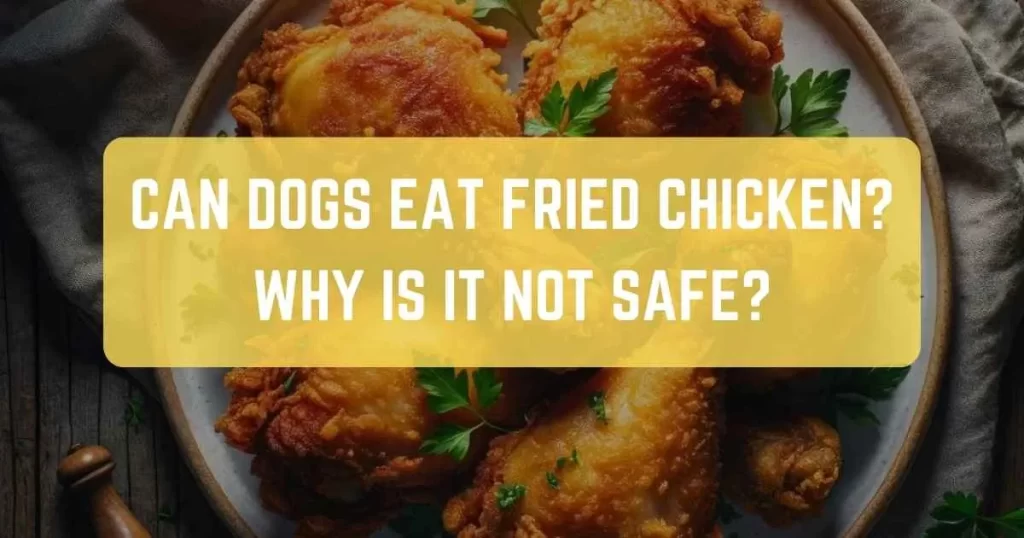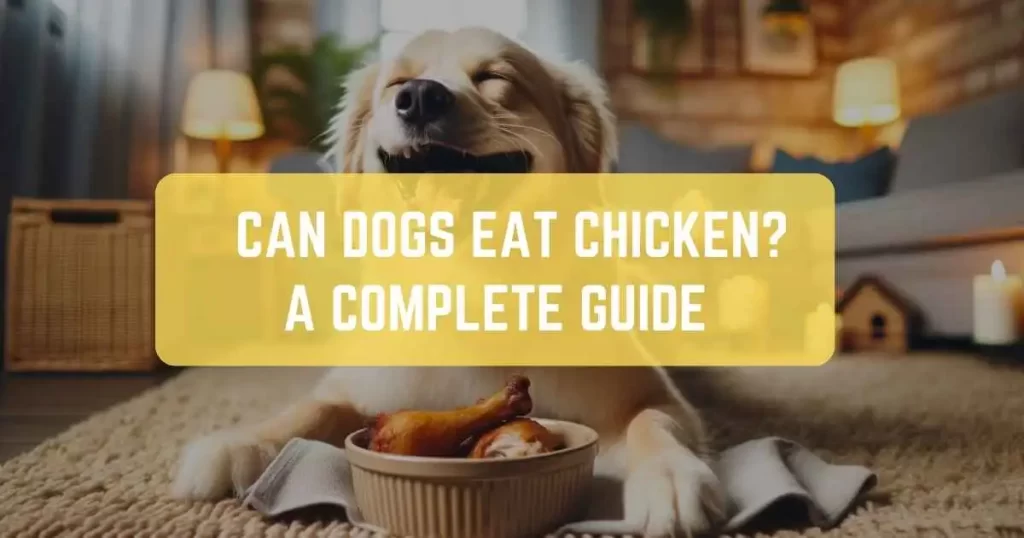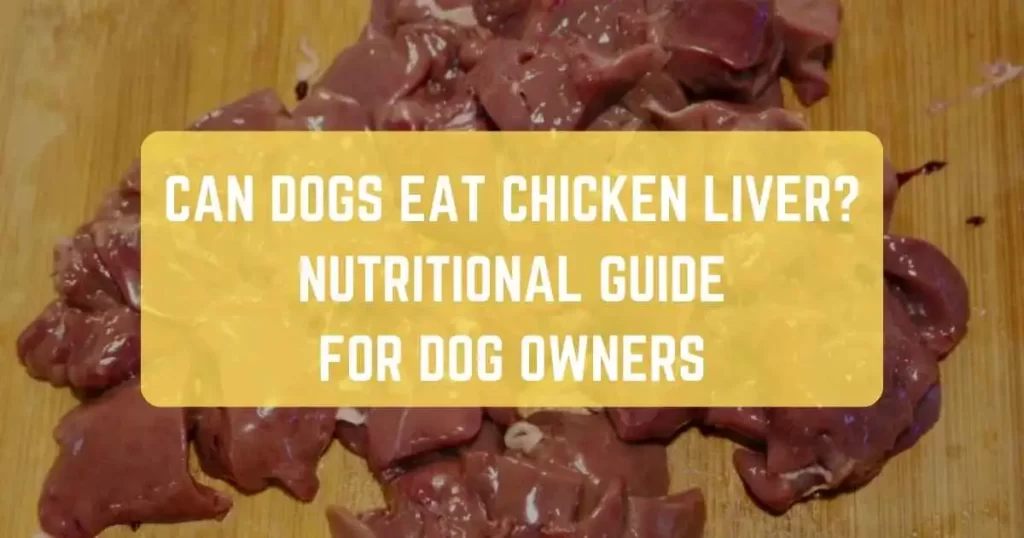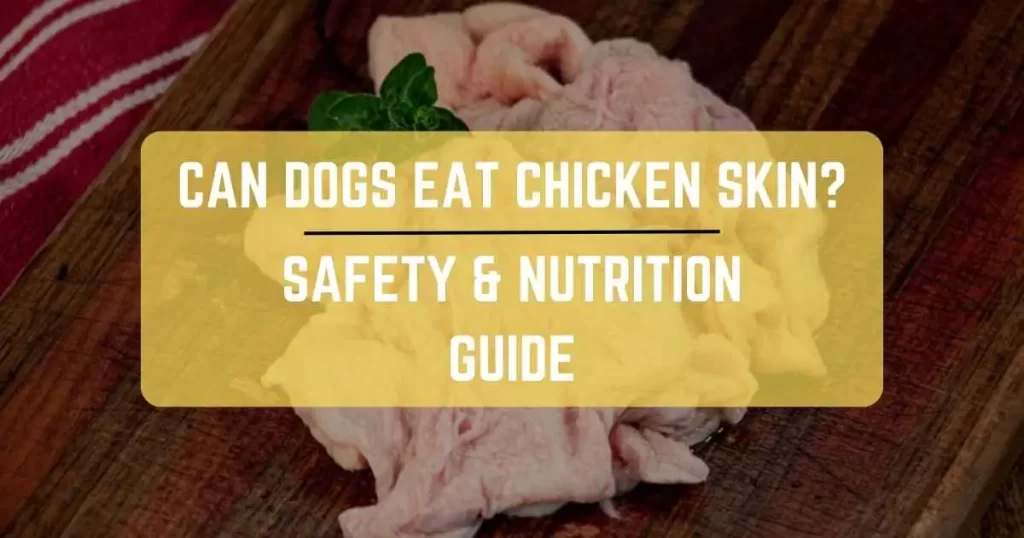
Are you pondering what’s safe and nutritious for your four-legged friend? Well, here’s a question that can’t wait: Can dogs safely consume chicken hearts?
In the world of pet nutrition, where every choice counts, it’s crucial to know the ins and outs of your dog’s diet. From unlocking the myriad health benefits to navigating potential risks, we’ll delve into the heart of this matter.
So, fasten your seatbelt as we embark on a journey through the world of chicken hearts for dogs, exploring the whys, hows, and whens of incorporating this organ meat into your pet’s diet.
Can Dogs Eat Chicken Hearts?
Yes, dogs can eat chicken hearts in raw and cooked form. This nutrient-rich organ meat is safe for dogs and also offers various health benefits. Chicken hearts are a good source of lean protein, essential vitamins, and minerals that can contribute to a balanced diet for your dog.
Health Benefits of Chicken Hearts
Chicken hearts are a nutritional powerhouse that can be a valuable part of your dog’s diet. Here are some of the health benefits they offer:
- Rich in Essential Nutrients: Chicken hearts are packed with many essential nutrients, including iron, zinc, phosphorus, and taurine, which are vital for your dog’s overall health.
- Lean Protein Source: They provide a good source of lean protein, promoting muscle development and maintenance.
- Heart Health: They contain essential fatty acids that can help improve heart health and maintain a healthy coat and skin.
- Vitamins and Minerals: They are a great way to give your dog essential vitamins and minerals, such as B vitamins, selenium, and niacin, which play various roles in your dog’s well-being.
- Oxygen Transport: The iron in chicken hearts helps carry oxygen throughout the body, ensuring your dog’s cells and tissues get the necessary oxygen supply.
Mild Risks Of Chicken Hearts for Dogs
While chicken hearts offer numerous benefits, it’s essential to be aware of potential risks associated with feeding them to your dog:
- Phosphorus Levels: Chicken hearts are relatively high in phosphorus, and excessive consumption may not be suitable for dogs with kidney issues, as it can strain their kidneys.
- Caloric Content: Due to their calorie density, overfeeding chicken hearts can lead to weight gain in dogs, so portion control is crucial.
- Raw Meat Risks: If feeding raw chicken hearts, there is a slight risk of bacterial contamination, so proper handling and storage are essential.
- Allergies: Some dogs may have allergies or sensitivities to specific proteins, so monitor your dog for any adverse reactions after introducing chicken hearts.
Types of Chicken Heart
When considering incorporating chicken hearts into your dog’s diet, you’ll find two main types available:
Freeze-dried raw
Freeze-dried chicken hearts are a convenient and shelf-stable option. They retain most of the nutritional value and can serve as dog treats or a supplement to their regular diet.
Frozen raw
Frozen raw chicken hearts are another option. They are less processed than freeze-dried hearts and may be preferred by pet owners who advocate for a raw diet for their dogs. However, proper handling and storage are crucial to ensure safety when feeding them frozen raw.
How Much Chicken Heart Can I Feed My Dog?
Determining the appropriate amount of chicken hearts to feed your dog depends on various factors, including their size, age, activity level, and overall dietary requirements. It’s essential to consult your veterinarian or a canine nutritionist for personalized guidance. However, as a general guideline, you can refer to the following table:
| Dog Size | Daily Serving Size (Approximate) |
| Small Breeds | 1-2 hearts |
| Medium Breeds | 2-4 hearts |
| Large Breeds | 4-6 hearts |
These serving sizes can be adjusted based on your dog’s specific needs and preferences. It’s essential to incorporate them as part of a balanced diet and not exceed 10% of their daily caloric intake from treats or supplements.
How Should I Feed My Dog Chicken Hearts?
Feeding your dog chicken hearts requires proper preparation and serving. Here are some instructions to follow:
- Thoroughly Clean: Ensure they are clean and free of any bones or sharp edges.
- Portion Control: Measure the appropriate serving size based on your dog’s needs and size.
- Cooking (Optional): You can cook them by boiling or baking them if you prefer to serve them cooked. Avoid using seasonings, spices, or oils.
- Cut into Bite-Sized Pieces: For small dogs or puppies, consider cutting the hearts into smaller, manageable pieces.
- Monitor for Allergies: Introduce them gradually and monitor your dog for any adverse reactions, such as gastrointestinal upset or allergies.
- Incorporate into Meals: You can serve them as a topping for your dog’s regular dog food, mix them with other meats, or use them as training treats.
Can Dogs Eat Raw Chicken Hearts?
Yes, dogs can safely eat raw chicken hearts. Dogs are canines biologically adapted to eat raw meat. Raw meat is preferable for dogs because cooking organs can cook off some of the most vital nutrients. However, proper handling and hygiene are vital to minimize the risk of bacterial contamination.
Final Thoughts
In conclusion, chicken hearts are an excellent addition to your dog’s diet when fed in moderation and following proper guidelines. They are an excellent source of lean protein, essential vitamins, and minerals that can benefit your dog’s overall health.
However, it’s essential to be aware of potential risks, such as phosphorus levels and calorie density, and consult your vet to ensure that they are suitable for your dog’s individual needs.
Whether served freeze-dried, frozen raw, or cooked, they can be a nutritious and tasty treat that your dog will likely enjoy.
Frequently Asked Questions
Can You Feed Dogs Chicken Hearts Every Day?
Yes, you can feed dogs chicken hearts every day, but in moderation. Chicken hearts are a nutritious addition to their diet, providing essential nutrients. However, it’s vital to maintain a balanced diet, offering a variety of foods to ensure your dog gets all necessary nutrients.
Can Puppies Eat Chicken Hearts?
Yes, puppies can eat chicken hearts. These organ meats offer a rich source of essential nutrients, including protein, vitamins, and minerals, which can support healthy growth and development in young dogs. However, it’s crucial to feed them in moderation and consult your veterinarian for specific dietary recommendations.
Should Chicken Hearts be Cooked or Raw for Dogs?
Chicken hearts can be served either cooked or raw for dogs. Raw hearts offer maximum nutritional benefits but require careful handling to avoid contamination. Cooking them without added seasonings or oils is a safe option, making them easier to digest for some dogs.
Is Chicken Heart Better Than Beef for Dogs?
No, chicken heart is not necessarily better than beef for dogs when it comes to certain nutritional needs. While they are leaner and rich in taurine, beef offers a different nutritional profile that may be suitable for some dogs, providing a source of iron and other essential nutrients.
Is Chicken Heart or Gizzard Better for Dogs?
Chicken hearts are better for dogs than gizzards due to their higher nutrient content. Hearts provide essential vitamins, minerals, and taurine, promoting heart health and overall well-being. Gizzards offer fewer nutrients and can be tougher to digest for some dogs.









